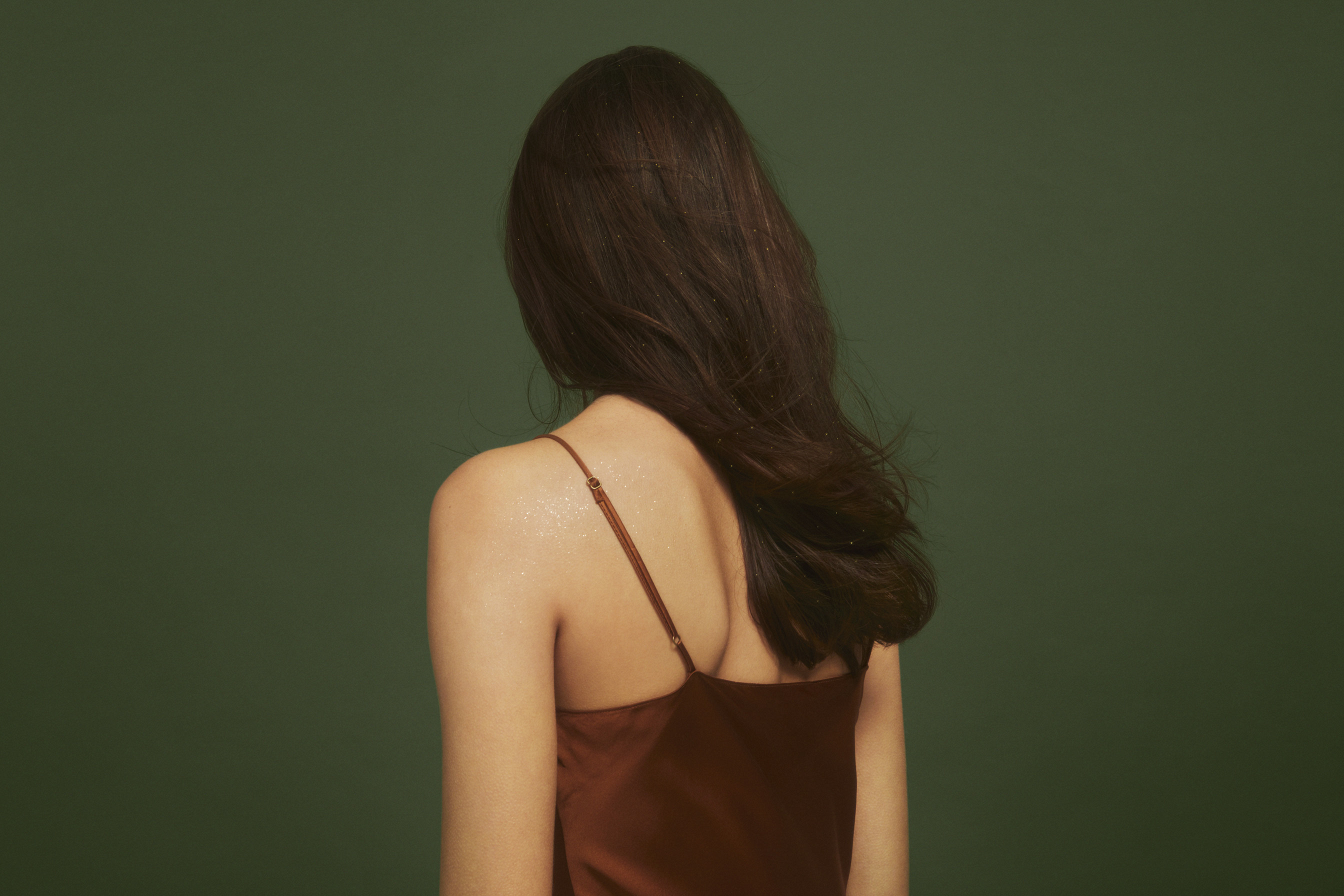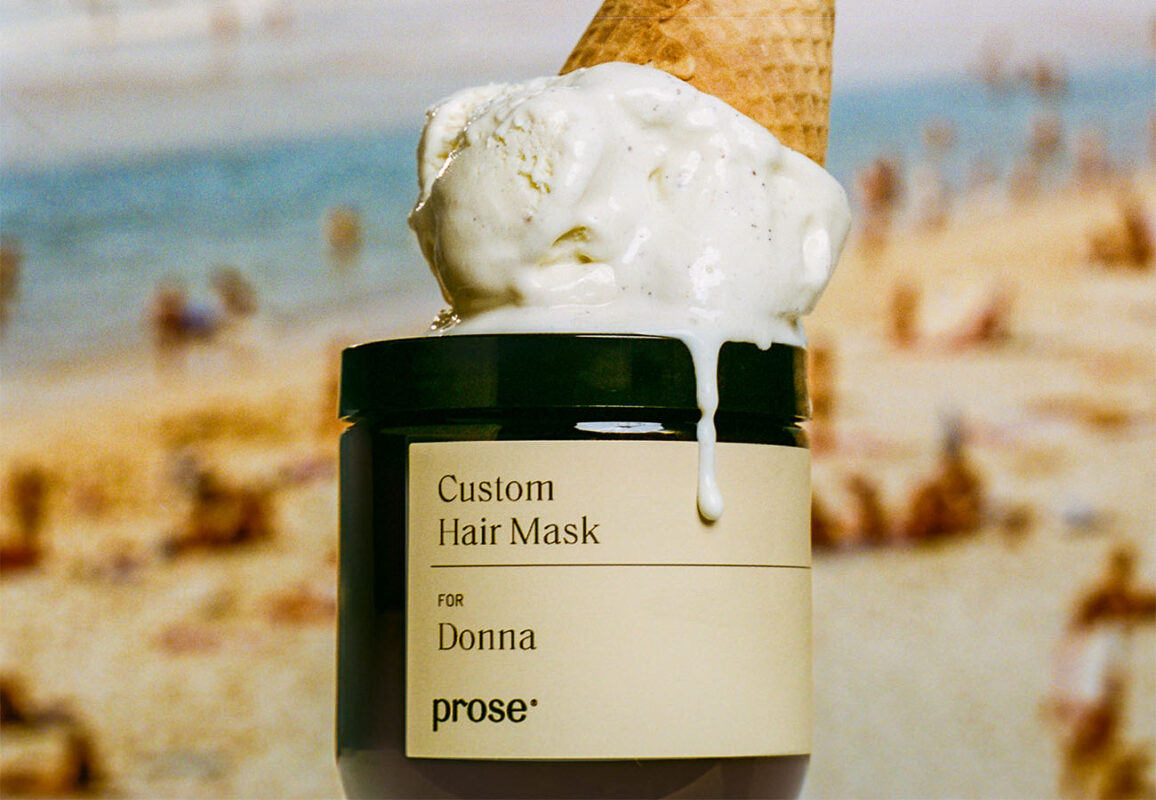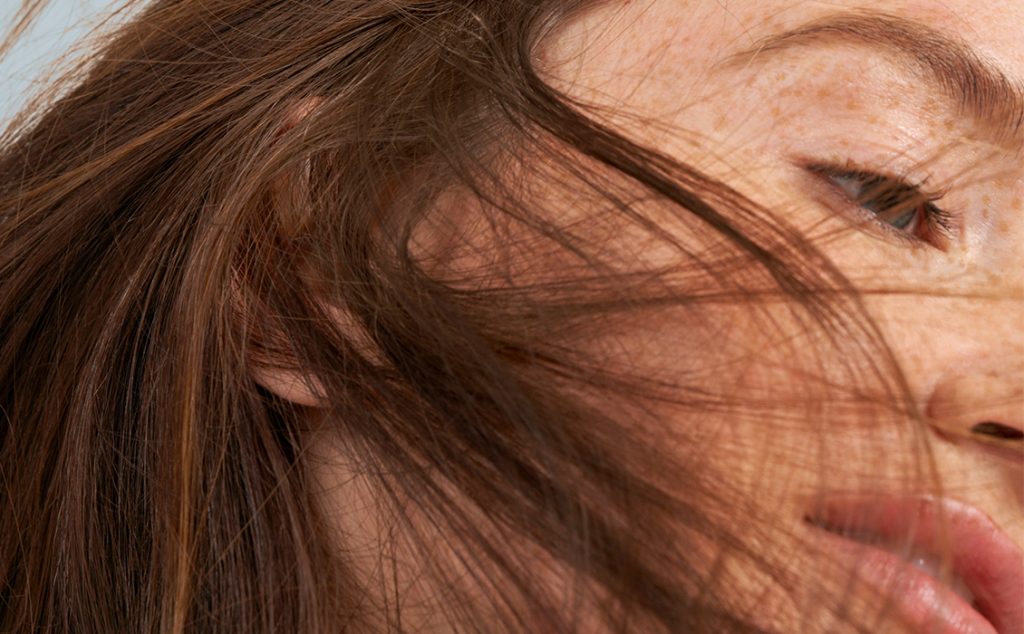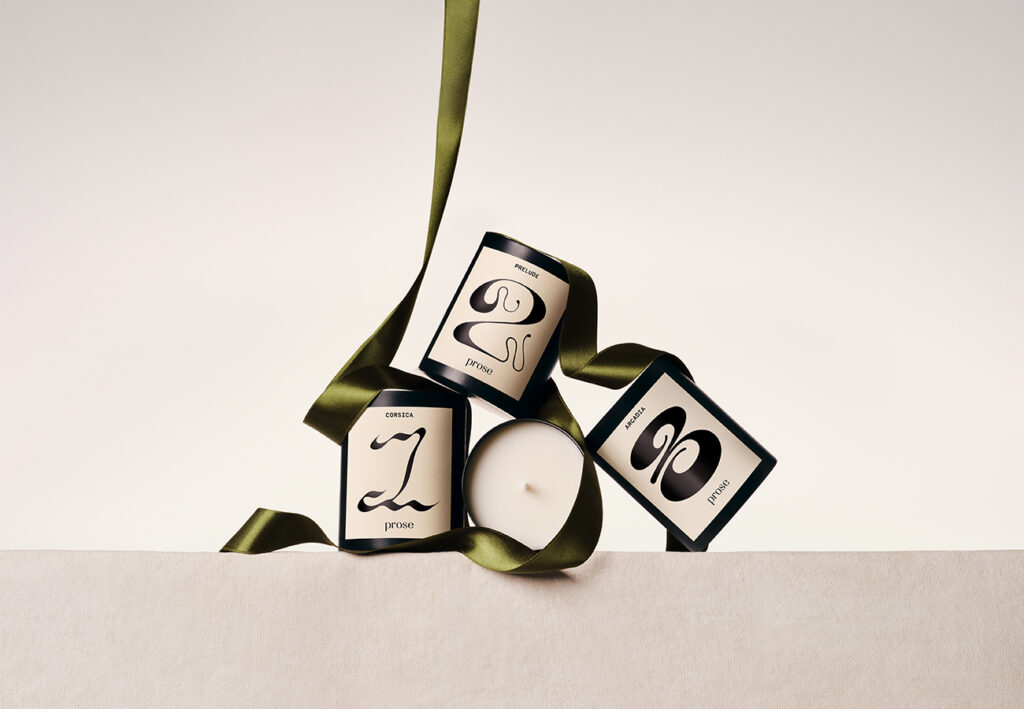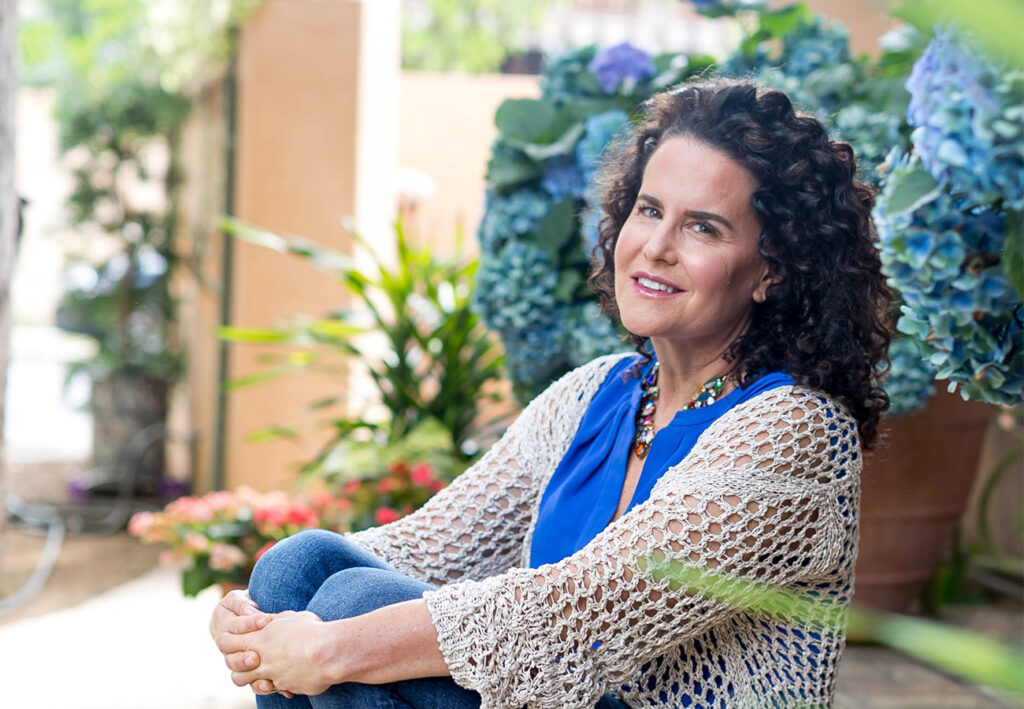The surgeon explained that lymph nodes aren’t like breast tissue where you can just use a fat needle; they’re slippery and mercurial. A second surgery would have to be performed, this one even more invasive because the mass was near her heart.
The night before the appointment at Bitz-N-Pieces wig shop, I called to give them a heads-up that my sister was about to begin chemotherapy. Stanley said he’d worked there for over thirty years, and assured me that he’d seen it all.
“This is what we do,” he said gently.
I was so grateful to have someone in control of something, I cried.
“Let it out, honey,” he said.
And I did.
I used to pass Bitz-N-Pieces when I danced at Lincoln Center. In the early aughts I’d take the subway up from the West Village on my way to company class. I would dart across Columbus Circle, my coffee sloshing against the plastic lid, and glance up to the second story window where a row of mannequin busts displayed an assortment of wigs. As I went through the motions of descending the stage door stairs, smiling at the security guard, and taking the elevator up to the fourth floor dressing room, I’d allow my mind to wander, and sometimes it would wander back to those featureless women in that window display.
The bust sporting a neon-green wig with bangs looked like a good time. I could only assume that the one in the buttery-blonde ‘fro was probably still on her parents’ phone plan. And anyone who dons a severe jet-black pixie must work in publishing. And, posing demurely in the corner, a mannequin fashioned a smart, pudding-colored bob.
It was unusual to see a wig shop on the Upper West Side. Although in retrospect Columbus Circle borders Hell’s Kitchen, an area, at least back then, notorious for seedy shops. I imagined that investment bankers shopped at Bitz-N-Pieces: slipping out of black cars in their Brooks Brothers suits, before returning home to their families all tucked in snuggly in their Upper East Side apartments. But I never in a million years imagined that my little sister, Hannah, would one day be a customer.
Stanley welcomed us with a warm smile. I’d assumed he was slight, and was surprised to see that he had the build of a beanbag chair. He disappeared with our coats only to reappear, sweeping his arm towards a spacious dressing room.
The room was staged like an ordinary hair salon with enough spinning chairs and lit mirrors for five, even though the shop only booked individual appointments. During his brief chat with Hannah, Stanley’s unwavering expression showed his years of experience (not a hint of sympathy or condescension). He then excused himself to fetch the wigs.
Once alone with Hannah, my heart began to flutter; now it was my turn to pretend that my sister’s body wasn’t trying to kill her. I’m fine; everything is fine. I sat there dumbly watching her examine the angry-looking scar at the base of her neck.
“It’s longer than I expected,” she said.
I struggled to think of a pithy response; I wanted to seem aloof but also witty, and like I somehow understood what she was going through. Months earlier I’d made the mistake of comparing my recent cesarean section to her biopsy surgeries, but mid-sentence I realized how stupid I was to compare childbirth to cancer. There was a very real possibility that Hannah might not be able to have children after chemo. I was grateful when Stanley returned with a brunette wig draped over either hand like a weeping, potted plant.
“Here we are,” he said, almost singing. I imagined him speaking that way when he set down a bowl of food for his cat.
As Hannah sat patiently in her wig cap, Stanley demonstrated how to lean forward into the wig and then flip upright. It reminded me of the way our mother looked when putting on a bra, allowing her breasts to fall into the cups.
Hannah tried on the long, human hair wig first, that fell to her mid-back. It was immaculately highlighted, and for a fleeting moment I felt a tinge of jealousy before remembering the reason we were there.
“I’m especially proud of this one,” Stanley said, gently tugging at the netting.
“Wait, you made these?” I asked, taking him in with a newfound respect. I assumed that he just manned the shop.
“Oh yes, dear. I cut and color each one. Have for thirty years.”
As Stanley blew out Hannah’s wig with a round brush I forgot that it wasn’t her own hair. Stanley handed her a mirror and spun her around so she could see his handiwork from all angles.
“It’s nice,” Hannah said thoughtfully, “But I’d really prefer synthetic.”
True to form Hannah had done her research: synthetic fibers could take a beating while natural hair was much higher maintenance and required styling.
The next wig was a synthetic, shoulder-length bob, similar to the one in the window. Hannah turned her head from side to side, as if examining a fresh trim. Watching her admire herself in the mirror was just too much to take.
“I like it,” she said with a nod.
It felt like a levee had been thrown open and the feelings I’d managed to control suddenly thundered up so powerfully that I had no choice but to surrender.
It was just entirely unfair that Hannah was the one who was sick. I’d always been the lucky one, the one to whom things came easily. As a kid Hannah was referred to as “the other one” by our parents’ friends; the one who wasn’t a ballet prodigy. And now there was a very real possibility that she might not make it to thirty.
I practically tossed Stanley my credit card and barely made it to the restroom in time. With my back to the door I opened my mouth and screamed silently into my hand. I sunk to the floor and like a little girl I bawled into my knees.
“Save it for the bathroom stalls,” we used to say in the ballet. It was our job to compose ourselves whenever we were humiliated in front of a group of peers. Or when we were so fatigued or frustrated that it hurt to swallow, and you knew your feelings would have to be released at some point. And then, like a quickie with a stranger in a dive bar, you’d clean yourself up and head back out like nothing happened.
I picked myself up from the bathroom floor and looked at my reflection: strings of saliva hung between my lips and snot poured down my chin. What’s wrong with you? My ballet coach would say in his thick German accent. Why can’t you do this?
I wadded up some toilet paper and blew my nose. I vowed that as long as Hannah carried around the two masses in her chest, I would play the funny, helpful sister. I would joke and tease her as if nothing had changed. I could also live with a lump in my throat.
I washed my hands in cool water and flashed a shit-eating grin across my face. Then I swung open the door, and at the register I signed my name.

